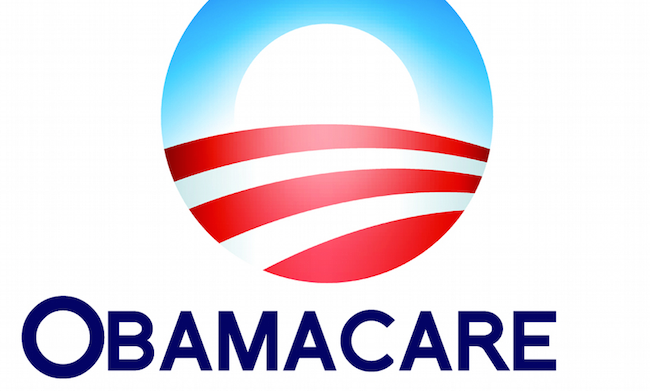Lessons From Obamacare

Yesterday, the first deadline for enrollment in health insurance for the Affordable Care Act (Obamacare) came to a close, sort of. For those who actually began the process but were unable to complete because of technical problems or issues, there was an extension for some lasting until April 15 for completion.
Obamacare resulted in both positive and negative reactions depending on individual experience. The original failure of websites affected its impression with the American public. Some of this was blunted by later successes but on-line signups have been a problem.
The ability of states to opt out of Medicaid expansion which resulted from the U.S. Supreme Court decision affirming the ACA presented a lopsided picture. In states deciding not to allow Medicaid expansion despite the fact that it would be funded by the federal government, citizens who did not qualify for basic Medicaid but had incomes too low for the regular program and subsidies still were locked out of the system, an unintended result. Several states including Pennsylvania that did not originally recognize Medicaid expansion may do so in the future making the final result on this issue unclear. Recognizing difficulties with other major healthcare changes such as the introduction of Medicare in 1965, it is still too early to say what the ultimate judgment will be on this relatively new system. What could be said is that Obamacare raised some observations regarding American healthcare generally that we could take into account overall. Here are some that come to mind for me.
The American healthcare system is much more complex than we might have realized initially. Any plan to improve the American healthcare system of insurance has to confront the reality that our system even before the ACA has become so complex that changes of any sort will affect people in different ways. Some people have regular predictable health insurance through their employers. Some do not. Some work for small employers that have not covered employees. Some work for huge corporations with generous benefits and some are self employed. Some of the self employed are able to obtain health insurance coverage through their spouses. Some cannot and need individual plans. Some are disabled after having a working history and qualify for Social Security Disability. Some are disabled without an adequate working history but have very low income and qualify for Supplemental Security Income with Medicaid. Some work in states that require health care coverage. Some do not. Some have preexisting conditions. Some are unemployed college students or young college graduates. The variations that exist mean that any plan will affect different people in different ways. What this means is that any change will be grafted onto a system that has major difficulties to begin with.
Anything new will require a period of adjustment. When people have asked me what I think of problems with the ACA I tell them that I rarely buy anything new when it first comes out. That is an honest assessment. Although I expect I will explore the healthcare exchanges next year for my daughter, I did not do it this year because the experience is so new. If I can help it I do not buy the latest technology until it has been tested, the latest iPhone, the most recent upgrade of Windows. Anything with as many moving parts as healthcare insurance reform is going to need some adjustments and some changes to the law and regulations have already been made.
Our healthcare system of insurance and our benefits system are based on worldviews that are different from today’s experience. In 1965 when Medicare was introduced more than half of Americans aged 65 and over had no health insurance coverage at all because it was expensive and carriers often denied coverage at any price for those with a history of illness. In 1965 we were not thinking that Americans would be working for employers well into our 70’s, 80’s and beyond. The ACA is devised for those under age 65 to obtain completely private health insurance but with subsidies for those who need it and Medicaid for those regarded as needy in states where Medicaid expansion is accepted. Medicare is government health insurance paid by premiums during our working life and supplemented by private coverages. We do not have a unified system of coverage and this contributes to the confusion.
About the Author Janet Colliton
Esquire, Colliton Law Associates, P.C. Janet Colliton has practiced law for over 38 years, 37 of them in Chester County, Pennsylvania, a suburb of Philadelphia. Her practice, Colliton Law Associates, PC, is limited to elder law, Medicaid, including advice, applications and appeals, and other benefits planning including Veterans benefits, life care and special needs planning, guardianships, retirement, and estate planning and administration.
